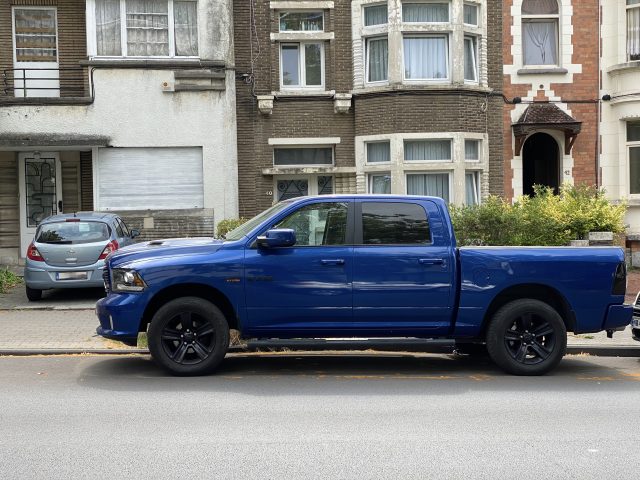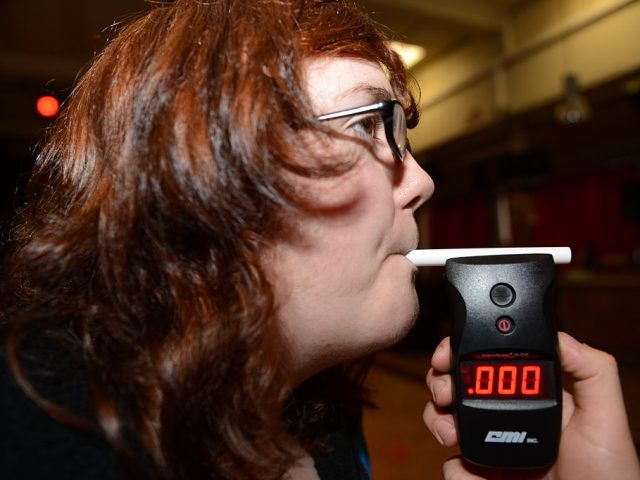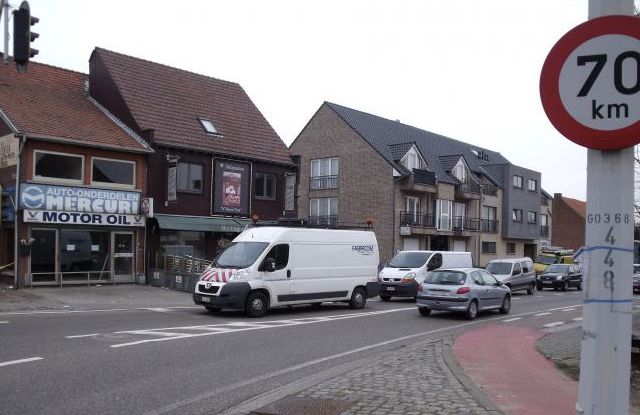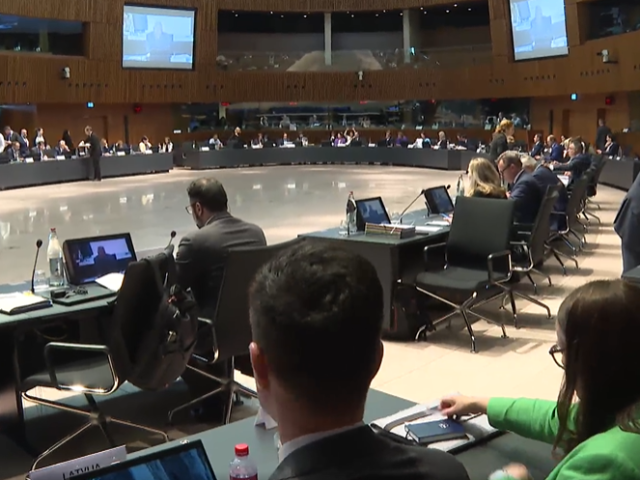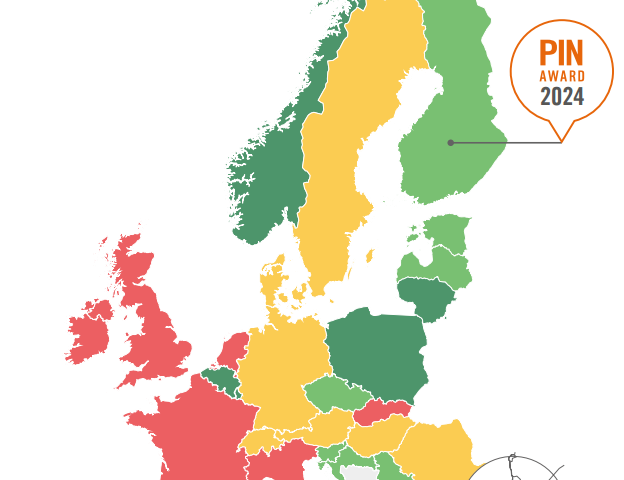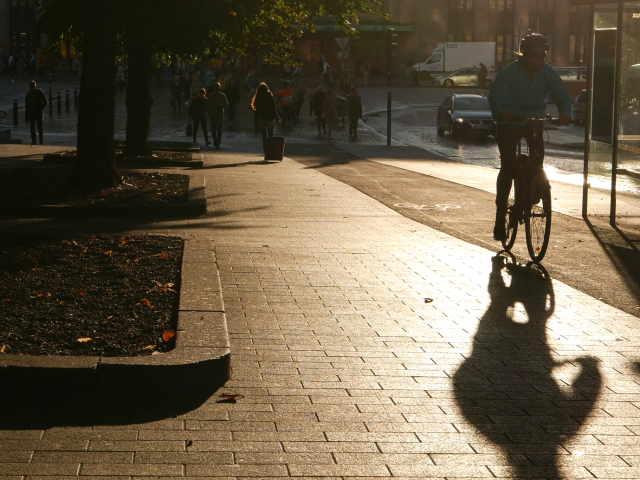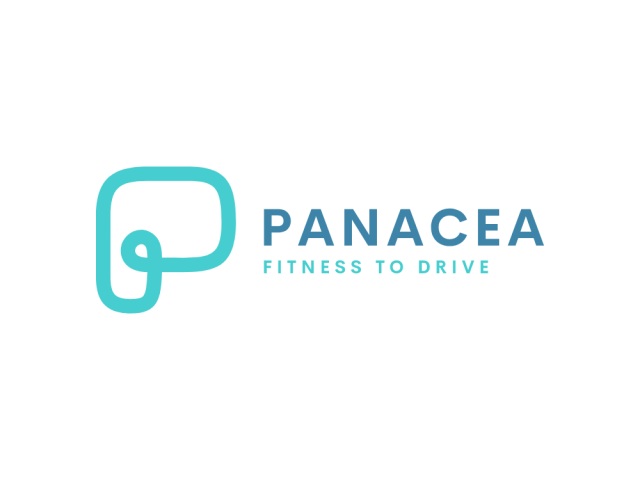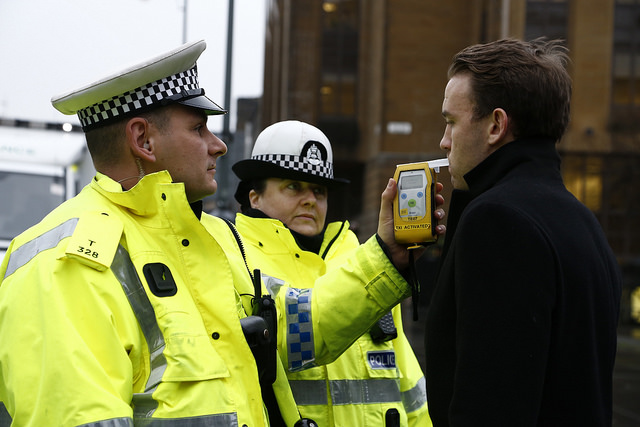
Drink-driving checks need a post-Covid booster
The European Transport Safety Council (ETSC) is calling on European governments to increase the number of drink-driving enforcement checks, and simplify procedures for carrying them out, as new figures showed the percentage of drivers who are over the limit has returned to pre-pandemic levels in many European countries.
At least 4000 deaths could be prevented in the European Union annually if drink-driving was eliminated.
ETSC says widespread, highly visible, and well-publicised enforcement, and the perception of being checked, are critical to effectively reducing alcohol-related collisions on the road.
But data analysed by ETSC show the number of checks declined significantly in many countries during the Covid-19 pandemic. And while some are now increasing the number of checks again, this is not happening fast enough. The percentage of drivers found to be over the limit has bounced back to the pre-pandemic level in many countries.
Over the last decade, the number of drink-driving checks per capita fell in ten countries and increased in just six. Worryingly, fourteen countries tracked by ETSC do not even collect national data on the number of alcohol checks that are carried out including Belgium, Bulgaria, Switzerland, Czechia, Germany, Denmark, Hungary, Israel, Luxembourg, Latvia, Malta, The Netherlands, Slovakia and Serbia.
As well as increasing and monitoring the number of drink-driving checks, ETSC says national governments need to ensure that tests can always be carried out randomly and without the requirement that police first suspect drink-driving has occurred. The road safety campaign organisation is also calling for all countries to follow the model in Norway where so-called ‘evidential’ breathalysers can be used by police at the roadside. Many countries still require follow-up blood tests at a police station or hospital, which drain police and medical resources and leads to many fewer enforcement checks being carried out.
According to ETSC, financial sanctions can also be more effective when they are linked to income. The report cites the example of Denmark where fines for drink-driving are linked to a multiplier of the Blood Alcohol Concentration (BAC) level of the driver and their monthly income.
Several countries, including Lithuania and Poland, require some recidivists and high-level first offenders to fit a breathalyser-style device (an alcohol interlock) in their vehicle which requires the driver to be sober in order to start the engine.
Alcohol interlock-based rehabilitation schemes can help drivers continue productive lives, and keep their jobs because they can continue driving safely as long as they use the alcohol interlock. Simple driving bans can be ineffective, because many repeat offenders just ignore them, and drive anyway, with nothing to prevent them from driving under the influence.
Current EU driving license legislation prohibits driving licenses from being issued to people who are alcohol-dependent. Many people who are alcohol-dependent could benefit from a driving license that restricts driving to vehicles fitted with an interlock. But this is currently not allowed. ETSC is calling for the restriction to be lifted when the EU driving license directive is updated next year.
Antonio Avenoso, Executive Director of the European Transport Safety Council said:
“Now that the Covid lockdowns are behind us, we hoped that higher levels of traffic safety would remain. But the opposite is happening, road deaths are increasing, and drink-driving deaths are also up.
“Reducing drink-driving is not difficult or complicated. Tried and tested methods of enforcement work wonders, but you have to put police resources into it. It’s also really important to stop wasting precious police time on follow-up blood tests when the technology is already there to provide highly accurate, evidential breath tests at the roadside.”
